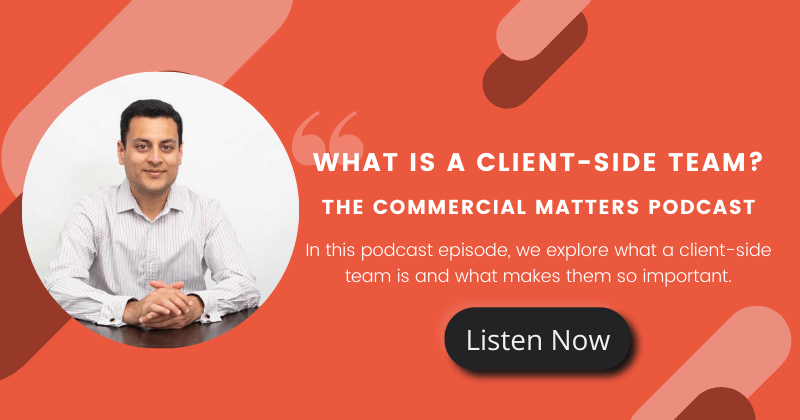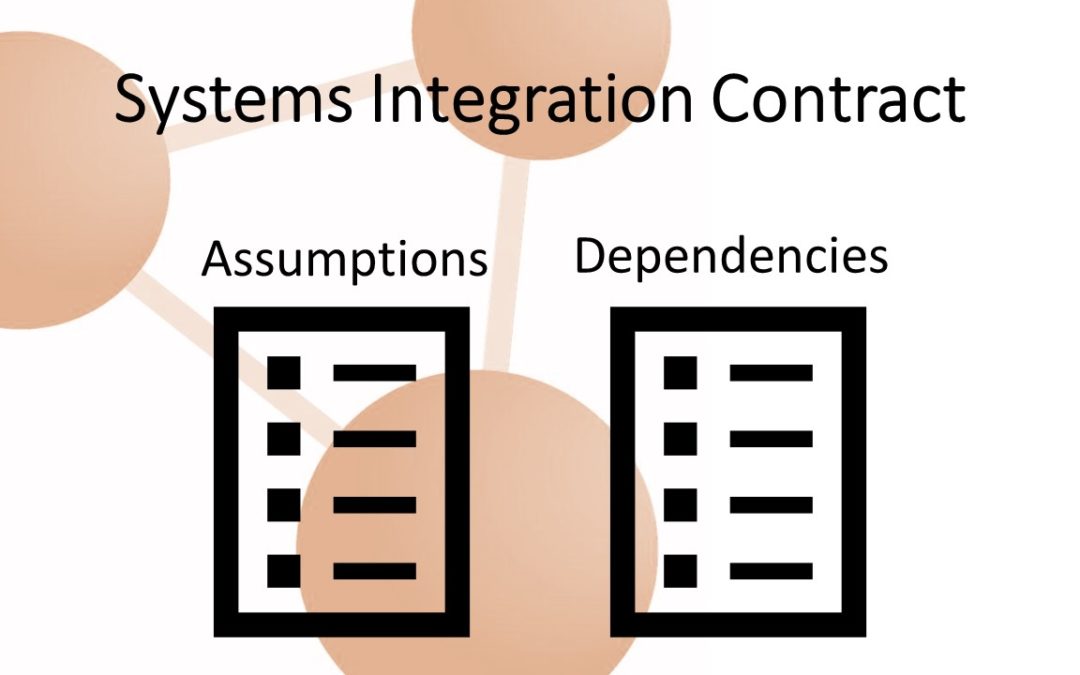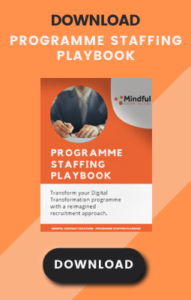In contracts that organisations sign up with systems integrators, one section that is always important for clients to focus a lot on is the Assumptions and Dependencies section.
Usually, the initial draft for this section comes from the Systems Integrator.
In this blog post, we explore everything you need to know about the Assumptions and Dependencies section.
What do the Assumptions and Dependencies section cover?
This section includes what is believed to be important to the delivery of the Programme, but also the factors which could affect its smooth progress. It establishes what the Systems Integrator (SI) won’t do during the project.
Usually drafted as short & simple statements, they can cover a heavy chunk of action required of someone, that if not done will affect outcomes. For example, result in delays in the plan of the project, and defer business benefits.
What are the general approaches to this section?
In general, systems integrators do not want accountability for these, as these are activities outside their control. On the face of it, this is a reasonable argument. After all, good project principles command that risks should be attributed to the party that is best suited to manage them.
Having said that, it is not uncommon for a lot of toing and froing between the SI and the buyer, on what gets included in the section, before the contract is inked.
SIs usually would suggest a wholesale exclusion of risk – and buyers propose to fine-tune it by being very specific as to what the SI won’t do.
Good project principles command that risks should be attributed to the party that is best suited to manage them.
What is the real reason for the Assumptions and Dependencies section?
The fact that the ‘excluded’ activities are outside the control of the Systems Integrator does not seem to ring entirely true. We say this because the purpose of the Systems Integrator contract is for the contractor to take a huge share of the responsibilities on behalf of the client.
Generally, the Systems Integrator can take full control with some delegated authority from the client. Therefore, it is possible (at least in theory) to have the SI wholly accountable for the outcomes. However, that would mean that the SI would own several points of failure in the programme. And this likely won’t be compatible with the Commercial policies of the SI.
One thing to watch out for is low bids, where the SI has proposed a low price with a significant A&D component. The SI strategy could be to low-ball their bid – and then recover their top-line and bottom line, by reliance on A&D failures on part of the Client.
In essence, if the programme ends up being delayed, i.e. they get a longer & a more profitable contract out of it.
Head over to our blog article, What is the Intelligent Customer Function?, where we explore why the intelligent customer function is so important, but also understand why they can go wrong.
How can you deal with the Assumptions and Dependencies section?
If you are managing the Programme on the Buy-Side (i.e. for the client), how do you deal with a long list of Assumptions and Dependencies? We suggest being fully staffed with a high-calibre client-side team – as early as you can afford. Well before the SI is selected.
If you hire a group of commercial and techno-functional experts, who will take responsibility for the process before, during and after the Systems Integrator joins the programme, they will have the foresight to be able to understand systems integrators who might be trying to get out of the difficult yet important commitments.
Once the programme is underway, this team will then switch gears into delivering the obligations in the A&D section, and make sure your SI remains honest through the term.
At Mindful, we have the expertise and ability to building you a winning team who will be able to help ensure your Programme runs smoothly, without interruptions. If you’d like to find out more, contact us at info@mindfulcontract.co.uk.
At Mindful, we have the expertise and ability to building you a winning team who will be able to help ensure your Programme runs smoothly, without interruptions.
What’s Next?
Our new Commercial Matters podcast is for leaders of major transformation programmes looking to confidently tackle niggling supplier relationship issues in their IT programmes.
Want to learn more about the importance of a client-side team?
Listen to our podcast episode, What is a Client-Side Team? In this episode, we explore what a client-side team is and what makes them so important to any complex transformation programme.



